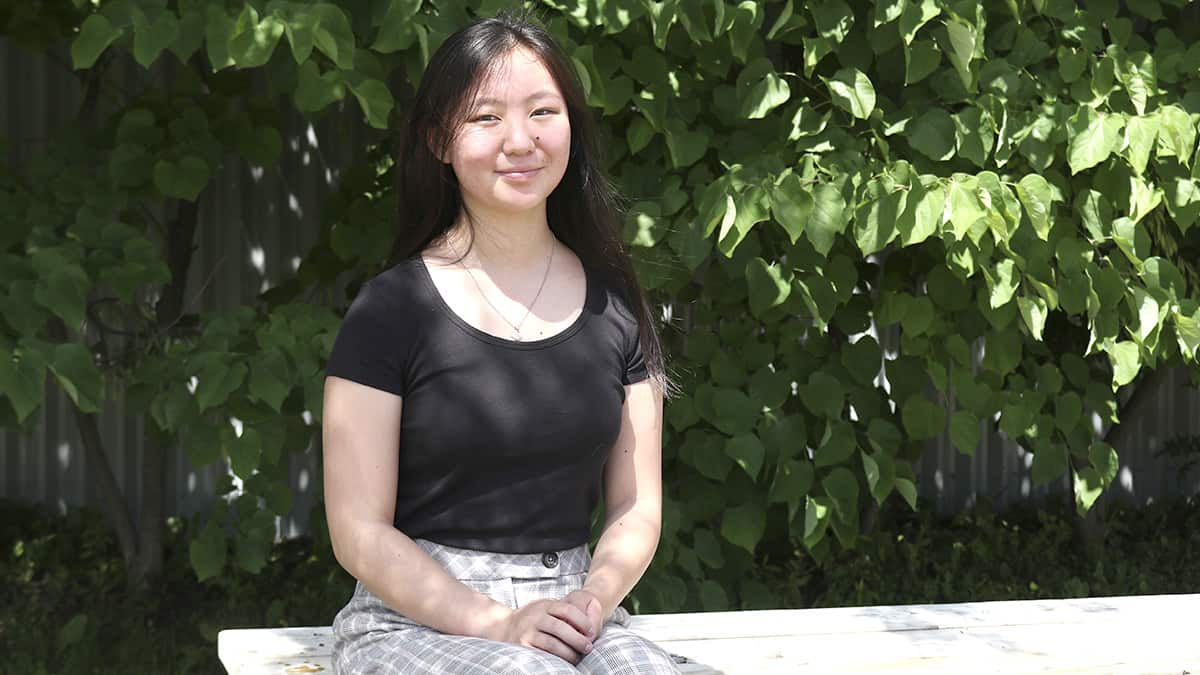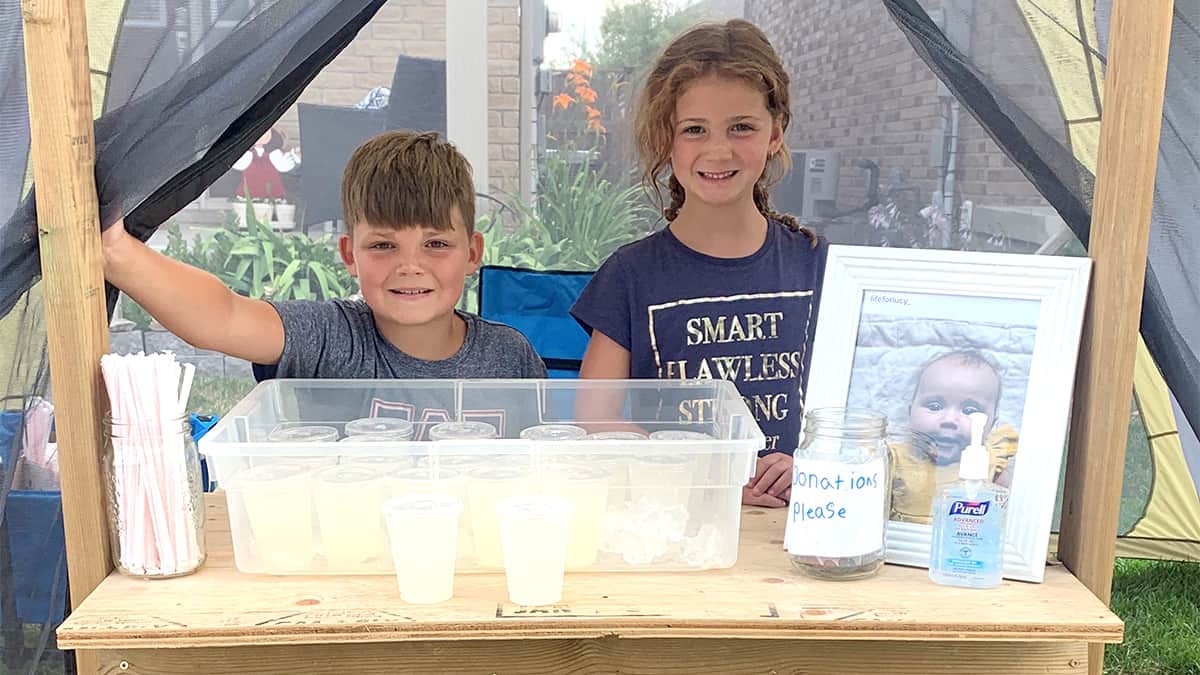The number of new cases of COVID-19 in has fallen low enough that “we are out of the first wave,” says Waterloo Region’s medical officer of health.
Dr. Hsiu-Li Wang made the proclamation even as the region has settled into stage 3 of the province’s reopening plan. She called the situation here stable during a video briefing Tuesday.
At midweek, there were just 39 active cases of COVID-19, with just a few additions on any given day – Monday, in fact, saw no new cases. Overall, there have been 1,385 cases since the virus was first identified in the region, 1,227 of which have been resolved – 89 per cent.
Of the 50,206 tests that have been carried out, 2.7 per cent have been positive, said Wang.
The region also rolled out a new breakdown of the information presented on its online dashboard.
“On this morning’s dashboard, we have released two new graphs, one showing the evolution over time in the number of cases by transmission time, and the other showing the evolution over time in the number of cases by age group,” she said, noting testing has reflected more cases in younger people than was the case earlier in the pandemic.
“Since my update on July 7 regarding the age groups, only one age group has had an increase in cases in the double digits, and that is the 20- to 29-year-old age group. They went from 204 cases on July 7 to 227 cases total on July 27. Since May 25, when the province opened up testing to anyone who would like to test the biggest change in age distribution of positive cases has been in the 19-and-under and 20- to 29-year-old age groups. Before May 25. These age groups consisted of 15 per cent of all cases, but since May 25, they make up 40 per cent of all positive cases.”
Wang expressed concerns that have been reported to the Public Health department regarding nightclubs and bars. Such establishments were given permission to operate if they follow the same restrictions as restaurants – a switch toward table service and ensuring physical distancing is being kept, among other safety measures.
“We have been speaking with owners and operators and business associations to support them in the implementation of the new measures, along with our enforcement partners, and now including the Alcohol and Gaming Commission, we have also increased our monitoring of these settings,” said Wang.
While there have been some educational discussions and warnings, no fines have been levied at this point.
No fines were issued to the establishments; however, there was education provided.
The same applies to general enforcement, where regional staff carried out some 160 site visits, 100 of which required education of warnings. The remainder saw no action taken.
The use of face coverings have been a top priority given the mandatory mask policy that came into effect earlier this month.
“Bylaw enforcement is recording overall community compliance to be fairly strong – people want to do the right thing. Bylaw has not responded in person to any calls or complaints,” said region spokesperson Bethany Rowland. “However, they continue to provide education. There have been about 100 calls and emails with questions and complaints since my last update.”
In neighbouring Wellington-Dufferin-Guelph, the numbers continue to remain lower, as they have throughout the crisis. Public Health there made masks mandatory in mid-June.
The area reports 24 active cases, 526 cases to date. Of those, 465 have been resolved showing a recovery rate of 88 per cent. There have been 37 deaths in the catchment area.
The Ministry of Health reported 38,986 cases of the novel coronavirus in Ontario on Wednesday. There have been 2,769 deaths attributed to the virus, representing a mortality rate of 7.1 per cent. The ministry reports 34,741 cases (89.1 per cent) have been resolved.
The latest numbers from Health Canada show 114,994 confirmed cases of COVID-19 nationwide, with 8,912 related deaths, a mortality rate of 7.7 per cent.









